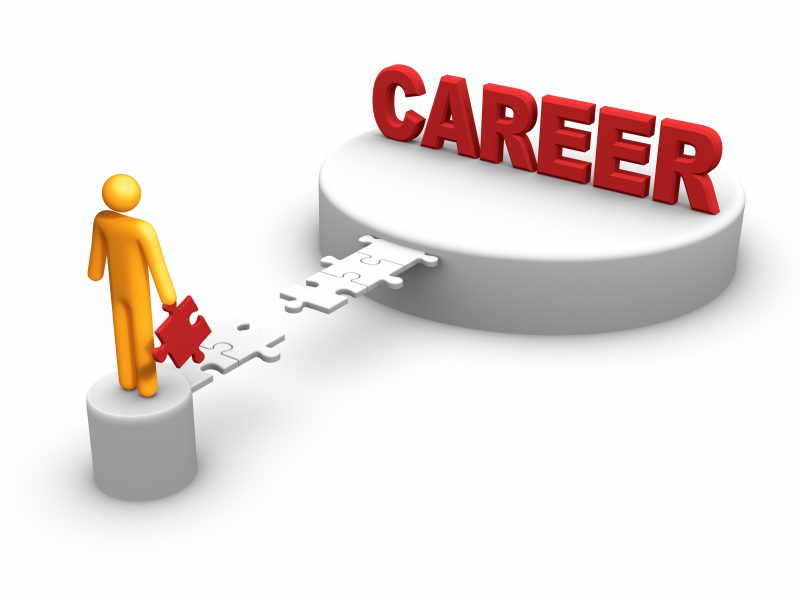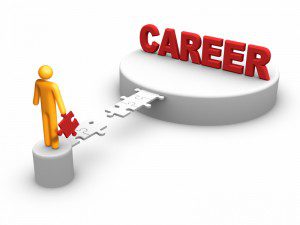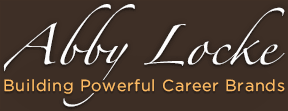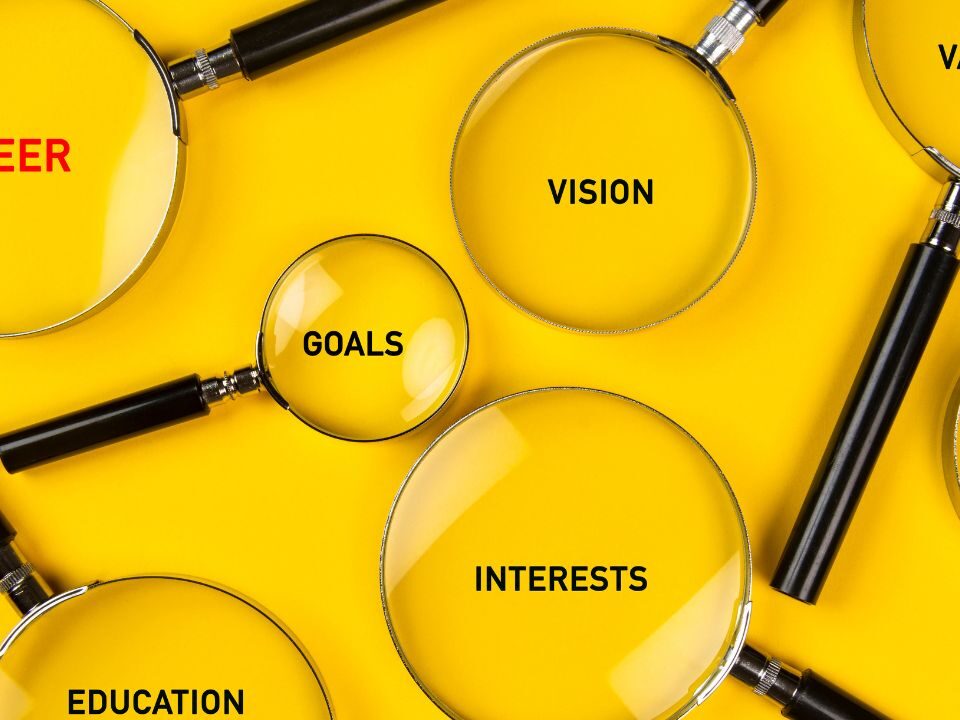
 Here in Washington DC, we are experiencing some shifts of our own, President Obama was sworned in for another term, we have changes in the Senate and the House and more importantly, our weather has shifted dramatically in the past 24 hours.
Here in Washington DC, we are experiencing some shifts of our own, President Obama was sworned in for another term, we have changes in the Senate and the House and more importantly, our weather has shifted dramatically in the past 24 hours.
Winter has finally arrived and with a vengeance, we are at a high of 25 degrees today and I believe today will be the warmest day for the week – yikes! Talk about weather shifts – I had to change my regular coat, hat and gloves to brace and survive this new level of cold.
Isn’t that how life normally is? Just when we have gotten into a routine and are comfortable with the flow of things, a shift happens; with today’s agile and flexible world of work, we must be prepared for career shifts. Consider this…
- What significant industry changes have occurred in the past two years?
- Are there signs that your company is experiencing financial trouble? Hiring freeze? Reduction in fringe benefits?
- Has your professional reputation as “expert” morphed into “generalist”?
- Do you find that your challenging projects, assignments or initiatives no longer hold your interest?
- What aspects of your job have been automated or outsourced in the past 5 years?
I am very much a proponent of being proactive and forward-thinking rather than going with the flow indefinitely, especially when the writing is on the wall.
1) Have a current, updated and ready-to-go executive resume and LinkedIn profile – I know I have “beat” you over the head with that advice many times, but I still meet talented executives who still have incomplete resumes. Are your career achievements noted in a file? Do you need professional help getting your career marketing package and online brand together?
2) Join industry chats – follow forums, participate in industry programs and leverage online technologies to “attend” events without having to leave the office or your home. What are the hot topics? What new business challenges are companies facing?
3) Explore external opportunities in your field – evaluate whether experience, education or credential requirements have changed. Are companies now asking for advanced degrees or specific expertise? What requirements are no longer relevant?
4) Evaluate your career goals – even with unexpected and unplanned career shifts, it may just be the time to change careers. Are you still very interested in your line of work? Are there other industries or professions that you can explore?
5) Get to know the thought leaders – there is nothing like getting the facts straight from the experts. Who can you talk to directly about your career plans? Do you have a mentor or professional colleague who can provide unbiased, but valuable insight?
What on your career horizon? What shifts are forming in the distance? Are you ready to handle the changes?




